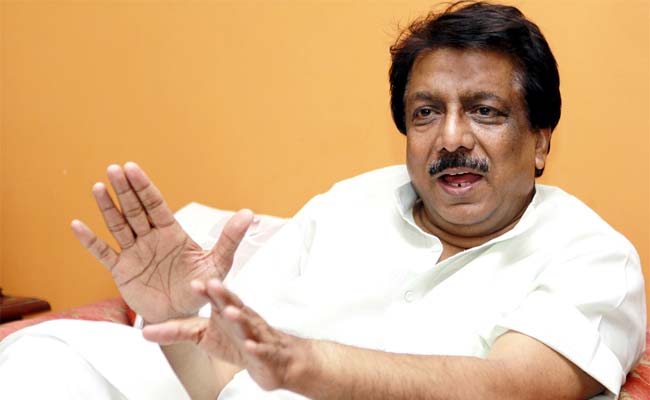
New Delhi, July 29: Former MP and expelled Samajwadi Party leader Shahid Siddiqui on Sunday cried foul over his removal from the party.
Reacting over his dismissal for conducting an Urdu interview with controversial Gujarat chief minister Narendra Modi, Siddiqui said that Samajwadi Party chief Mulayam Singh Yadav owed a lot of his popularity to him, as Siddiqui had written in his support at a time when no other publication had.
"Mulayam Singhji has been in politics for the last 40 years, and I have written a lot supporting him. My paper - Nai Duniya - has worked when nobody was supporting Mulayam Singhji in 1983, when he took out his first 'yatra' (journey). It was my paper which worked and wrote for Mulayam Singhji, and I have never asked him for any favour," he said.
Siddiqui, who is the editor of Urdu weekly 'Nai Duniya', said that the Samajwadi Party's stance on the Modi interview was disrespectful of the freedom of the press, and that no party in his two decades of political life, had restricted his journalistic freedom.
"This is like shooting the messenger, and this attitude of the Samajwadi Party is not only laughable, but also a disrespect for any kind of freedom, not only freedom within the party, but even the freedom of expression and the freedom of the press. I have been in politics for the last 20 years, and I have been in journalism for the last 40 years, but no party ever stopped me from doing my journalistic work," he said.
Going on to claim that he had written against former Prime Minister Rajiv Gandhi even when he was a member of the Congress, and had not drawn a vindictive reaction in return, Siddiqui added that just because he interviewed Modi did not mean that he supported the latter.
"I have opposed Modi tooth and nail all my life, and I oppose him even now. Interviewing somebody does not mean supporting that person. This shows that you are naive, you do not understand journalism, you do not understand what freedom is, and people who have this kind of attitude are, in fact, a threat to democracy if they are allowed to get away with this kind of attitude," Siddiqui said.
Siddiqui started his political career with the Congress, moving on to the Samajwadi Party, followed by stints with the Bahujan Samaj Party ( BSP) and the Rashtriya Janata Dal ( RJD), before returning to the SP fold in January 2012, his latest spell lasting well under a year.
Modi raised hackles when he refused to apologise for the Gujarat riots on the contention it would be an acknowledgement of his complicity.
Modi has led Gujarat for over a decade, and there are speculations of his seeking a larger role in national politics.






Comments
Add new comment